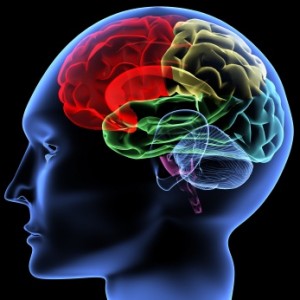Good Q&A on Mild Cognitive Impairment
 Coping With Mild Cognitive Impairment (NYT blog):
Coping With Mild Cognitive Impairment (NYT blog):
“About 10 to 15 percent of adults age 65 and older are believed to have mild cognitive impairment — a condition commonly characterized by memory problems, well beyond those associated with normal aging.… The University of Toronto researchers set out to rectify this lack of attention by writing “Living With Mild Cognitive Impairment,” published recently by Oxford University Press. One of its authors, Nicole Anderson, an associate professor of psychiatry at the University of Toronto, spoke with me at length, and our conversation has been edited for clarity and length.
Q. What changes in the brain are observed with M.C.I.?
A. A vast majority of research has been done on people with “amnestic” M.C.I. – the kind involving memory loss. There we see shrinkage of key brain areas important for memory: the hippocampus and other areas around it in the medial temporal lobes. We can now also scan for amyloid protein in the brain, and often we will see elevated levels.
Q. Yet high concentrations of amyloid don’t always signify dementia.
A. That brings up the whole notion of cognitive reserve. This refers to the idea that people can engage in certain activities in their lives — getting higher levels of education, exercise, eating a healthy diet, being bilingual — that help protect them against the clinical impact of various brain diseases, especially dementia.
To Lern More:


